Covers such as these come in a number of different types and styles. Lids, for example are made to attach to a specific type or size of container such as a drum, barrel, storage, bin or pail. Caps are similar in purpose, but often simple rest atop a surface rather than adhering to it. Read More…
Valk’s policy is “to meet or exceed our customer’s requirements, working together as a team with honesty and integrity.” Valk’s success is due to their long standing focus on quality & customer service.
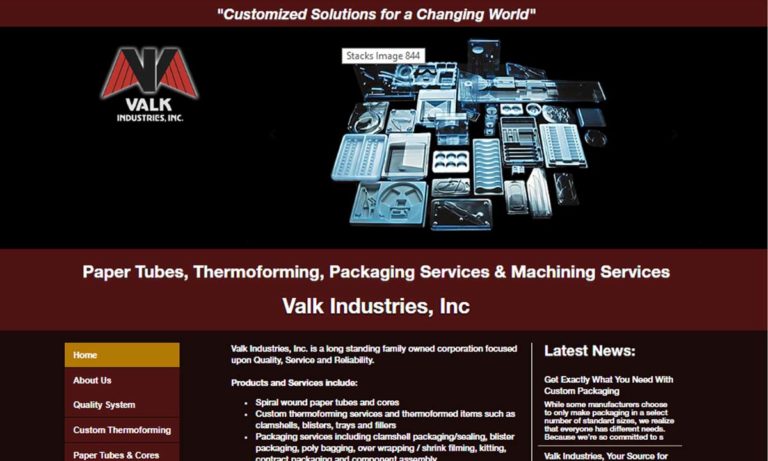
Since 1960, Profile Plastics Inc. has been at the forefront of thermoforming technology. Utilizing the latest software and technology, our expert staff of engineers can design custom vacuum, pressure, and twin-sheet thermoformed solutions. Over the last 60 years, we have developed a process that allows us to deliver consistent, high volume, and precise products with superior quality. Our high...
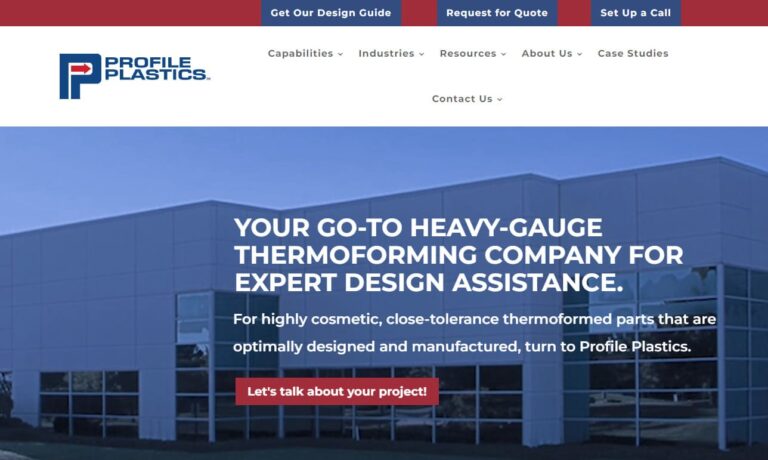
Quality Plastics has been a leading manufacturer of vacuum forming since 1976. Whether you need a small batch of custom vacuum-formed parts or a large-scale production run, we have the capabilities and expertise to deliver. We are committed to providing our customers with exceptional vacuum-formed products and services that meet their needs and exceed their expectations. Contact us today to learn ...
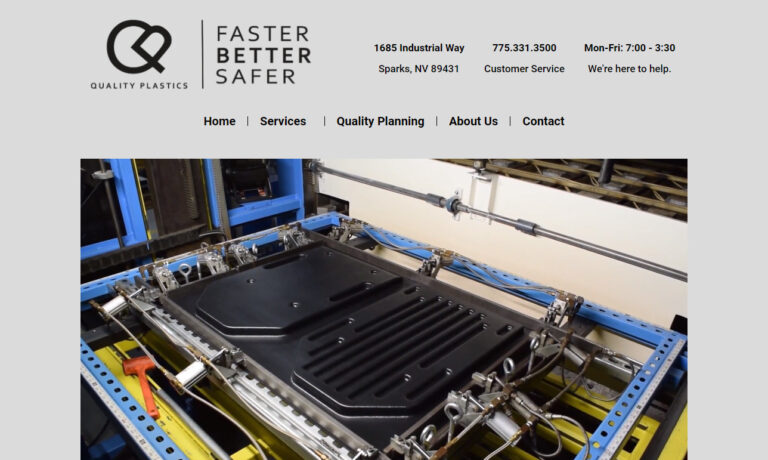
Engineered Plastic Products custom forms & fabricates sheet thermoplastic materials, standard & specialized, for any number of industrial & commercial requirements. EPP has been widely recognized for outstanding manufacturing & service since 1958 for companies such as GE, NASA & AT&T. Custom fabricated parts can be as large as 72"x108" down to 2"x2" in any thickness up to 1 1/2". Post-forming...
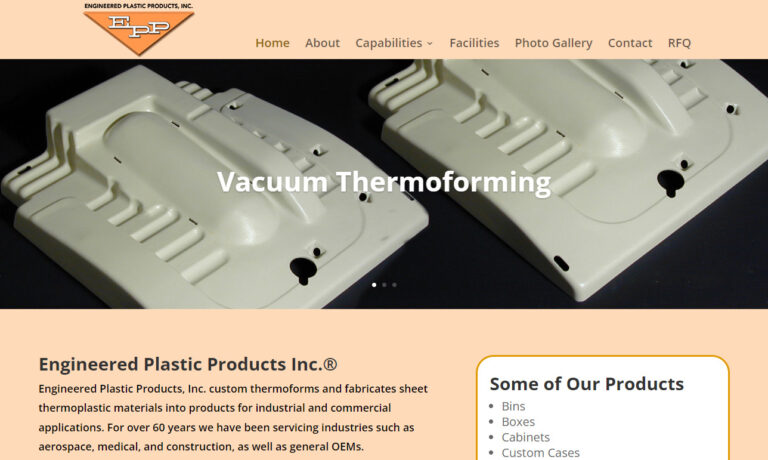
At Lerner Molded Plastics, we specialize in crafting high-quality vacuum-formed products tailored to meet the diverse needs of our clients. With years of expertise in the industry, we take pride in our ability to deliver innovative solutions that exceed expectations.

RapidMade is a leader in thermoforming and vacuum forming solutions, offering unmatched customer experience, quality, and speed. We cater to diverse needs with a broad material and equipment portfolio, ensuring cost-effective, engineered parts. Trust us for reliable, timely delivery of your small to medium batch plastic projects, meeting the highest industry standards. Choose RapidMade for...
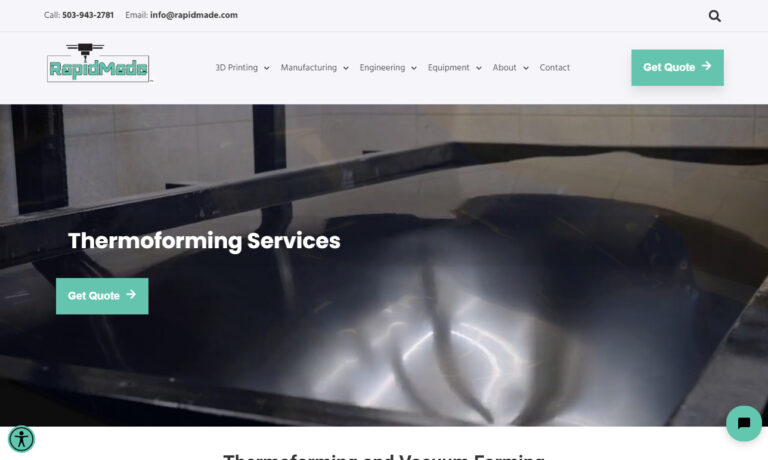
At Designcraft, we pride ourselves on being pioneers in the field of innovative design and manufacturing solutions. We specialize in vacuum forming, a versatile and cost-effective method for creating high-quality plastic components. Our team of skilled engineers and designers work tirelessly to ensure every product we produce meets the highest standards of precision and durability.

Robinson Industries offers thermoformed and injection molded reusable, heavy duty plastic pallets, packaging and more. We are one of the largest suppliers of reusable pallets to many industries.
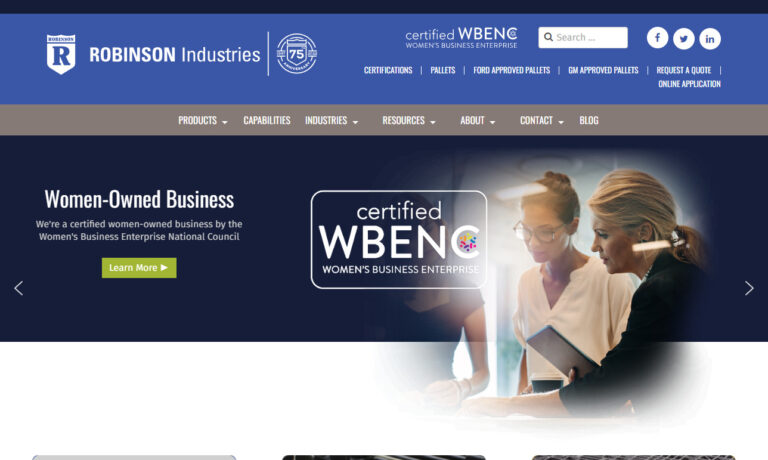
More Plastic Cover Companies
Plastic covers may be as simple and versatile as tarps, which can be securely tied down in order to protect objects. This type of covering is not, however, easily applied in situations requiring a complete or airtight seal. Plastic covers are found in electronics, manufacturing, food processing, packaging, storage and shipping industrial settings where they may cover items such as bins, keyboards and large equipment.
These items reduce contamination and prolong the working life of machinery as well as the shelf-life of certain food items. Domestic covers are also popular for such uses as furniture covers as well as storage and packaging. To suit such varied applications, plastic covers may be rigid or semi-flexible and may be clear, translucent or opaque. Colored covers are also popular as they allow for easy organization and identification. A wide range of sizes and dimensions are also available.
While several manufacturing processes may be used in the production of plastic covers, vacuum forming is ideal as it allows for the inexpensive production of lightweight elements that fit exactly to an object, product, machine or container. This thermoforming technique begins with extruded or rolled plastic sheets of the desired thickness that are fed into a pre-heating machine.
Electric, infrared or natural gas heaters warm the materials to the temperature at which they become soft and pliable, but not fluid. Next, the still warm sheets are carefully guided into a form station that holds a pre-made mold. Presses, stamps or air pressure force the material to adhere and conform to the shape of the mold, often the inverse of the intended cover.
A vacuum is employed to suction all excess air from the confined space, further pulling the plastic material into the mold. While in place the plastic is cooled until it reaches the desired rigidity. The final cover is ejected with reverse air flow before being trimmed or otherwise finished. Plastics such aspolycarbonate, noryl, PVC, royalite, polyurethane and vinyl are commonly formed into covers, but may require additional protective coatings for special properties such as UV blocking and moisture resistance.

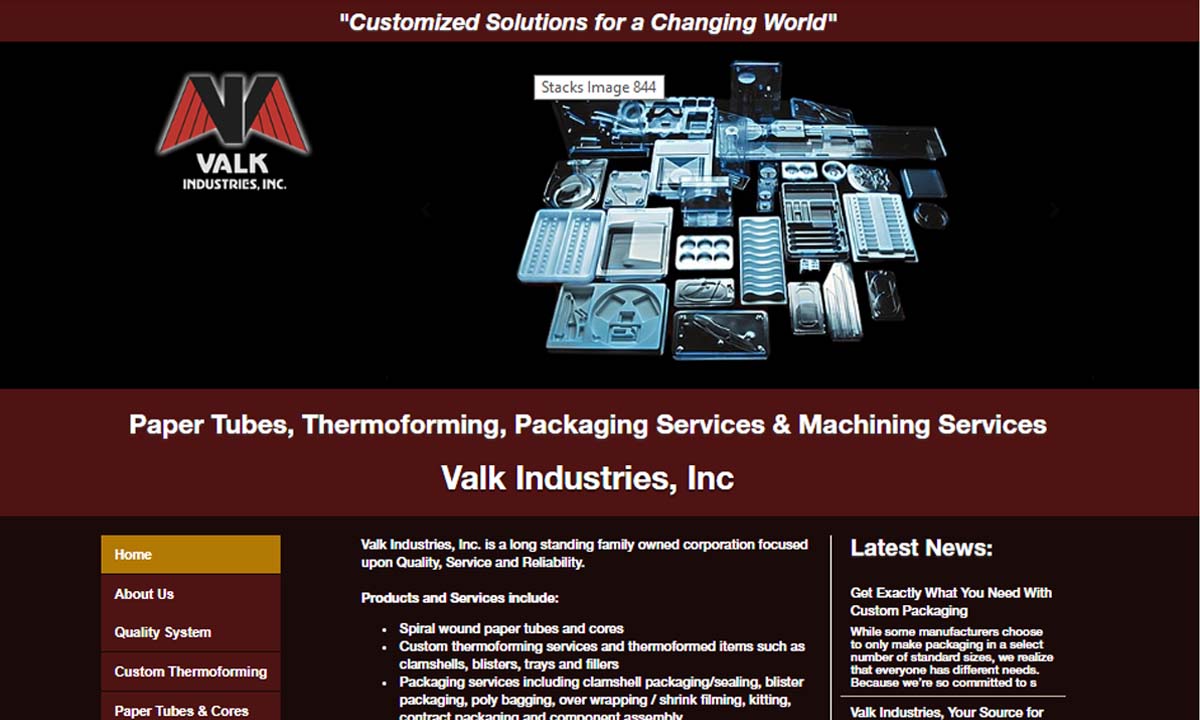
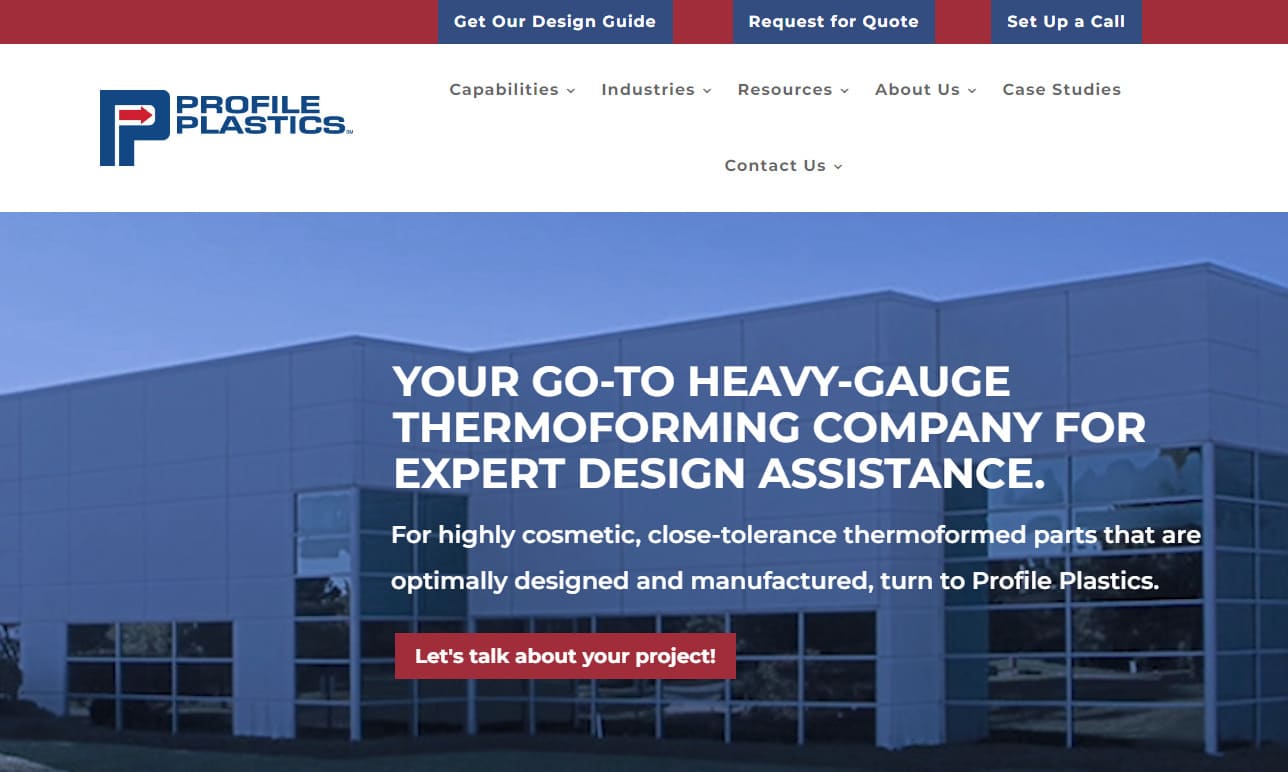
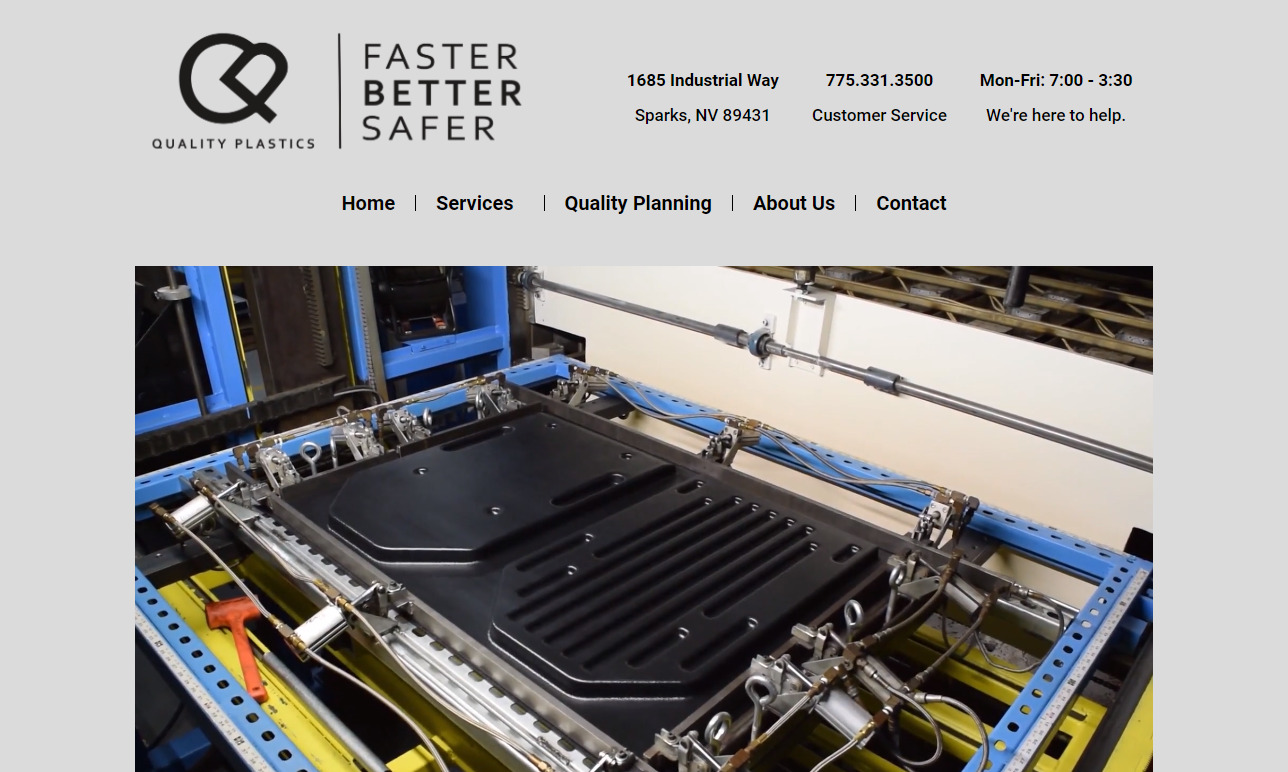
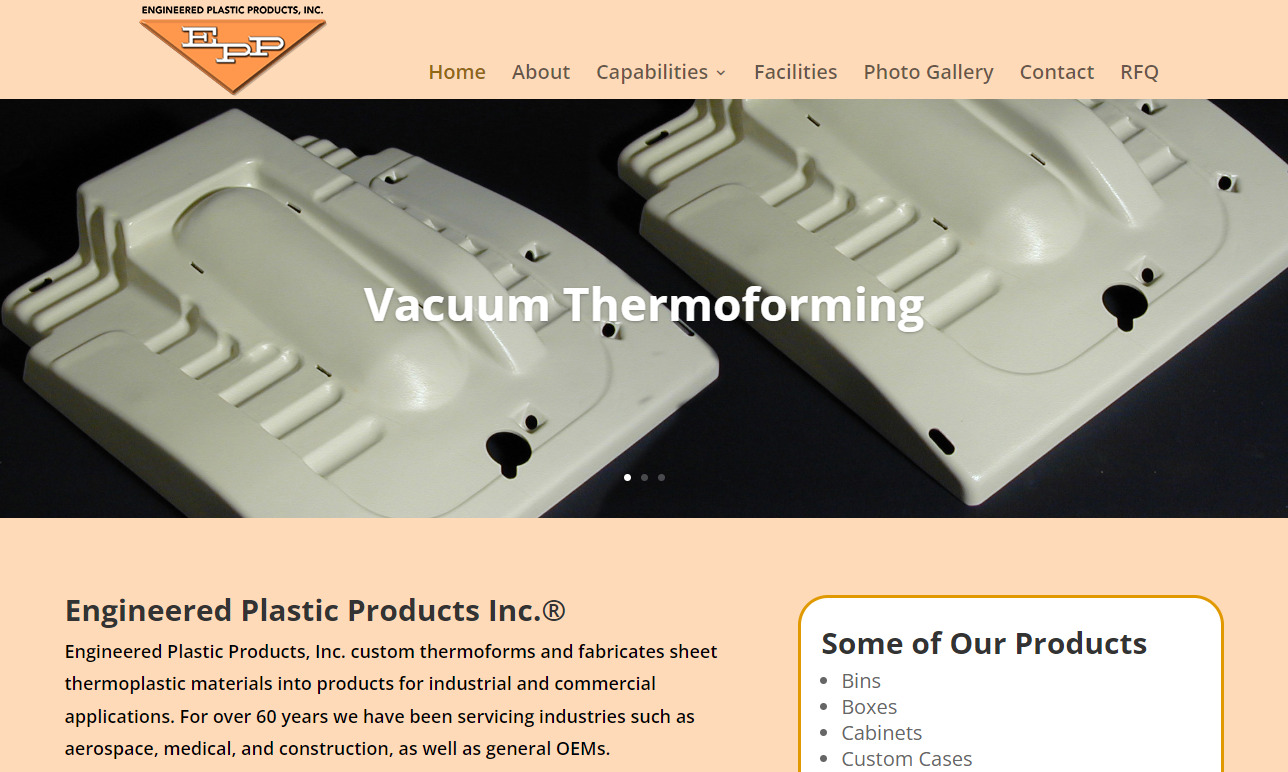

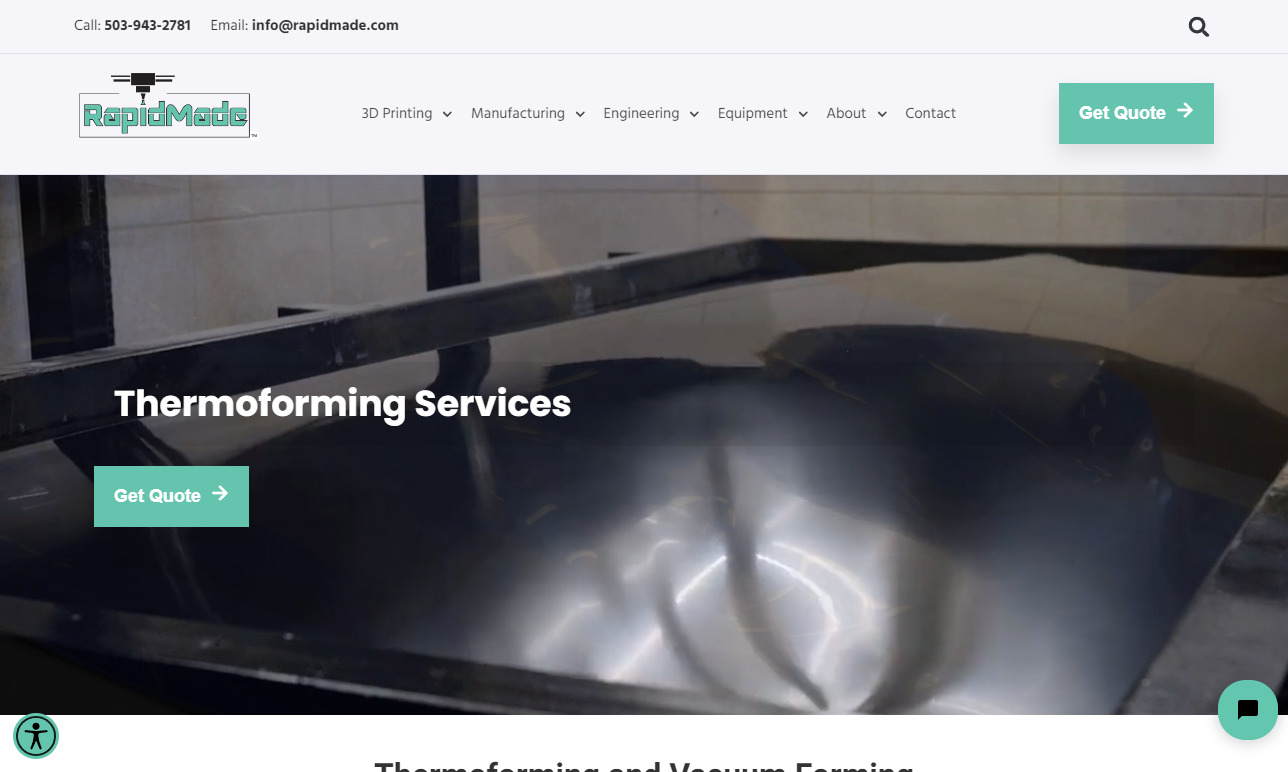

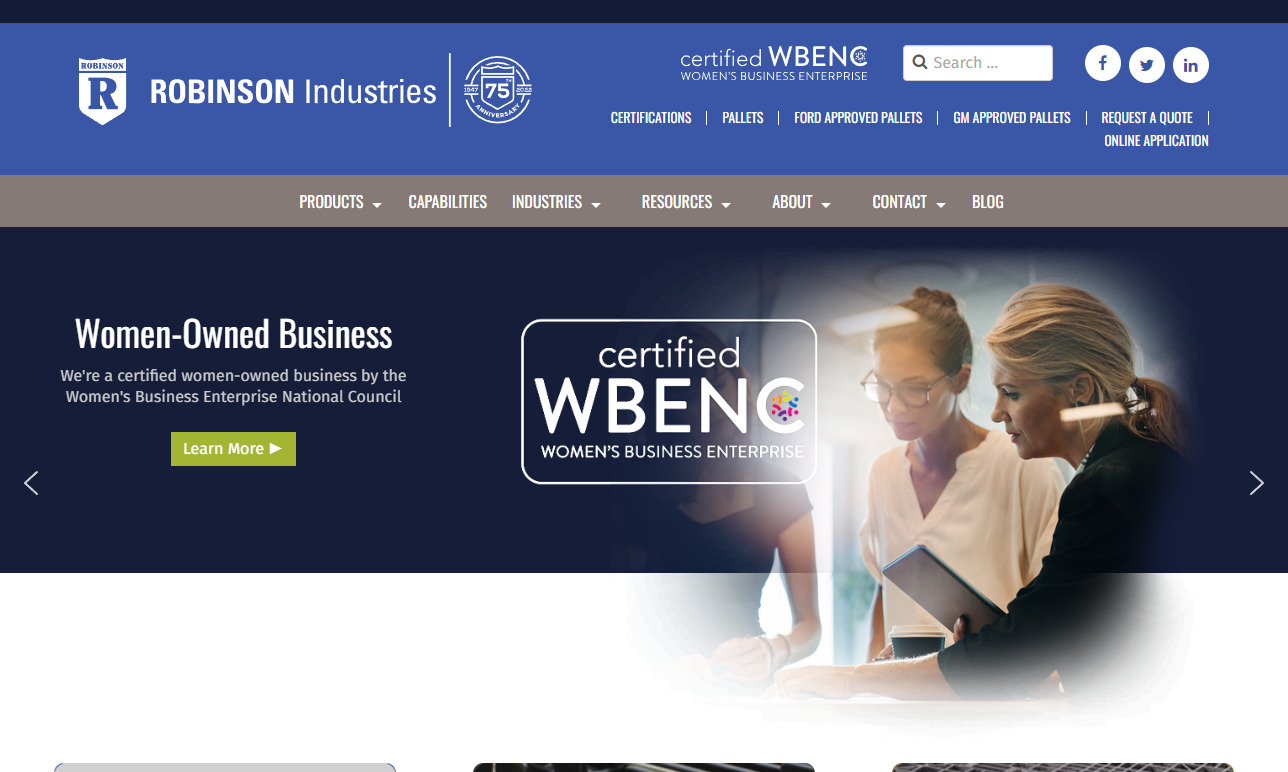
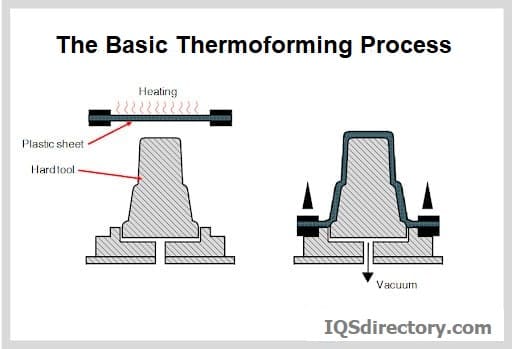
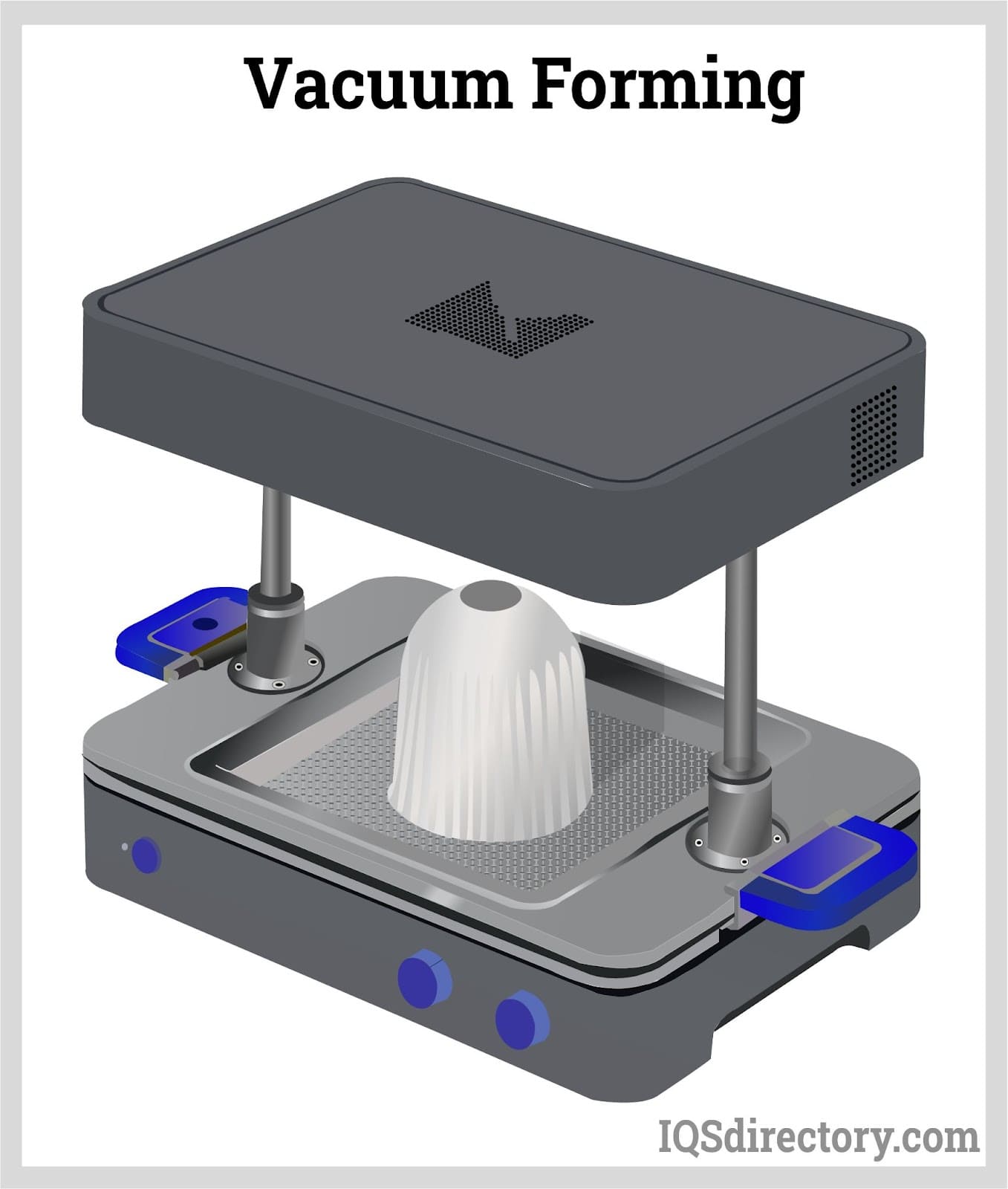
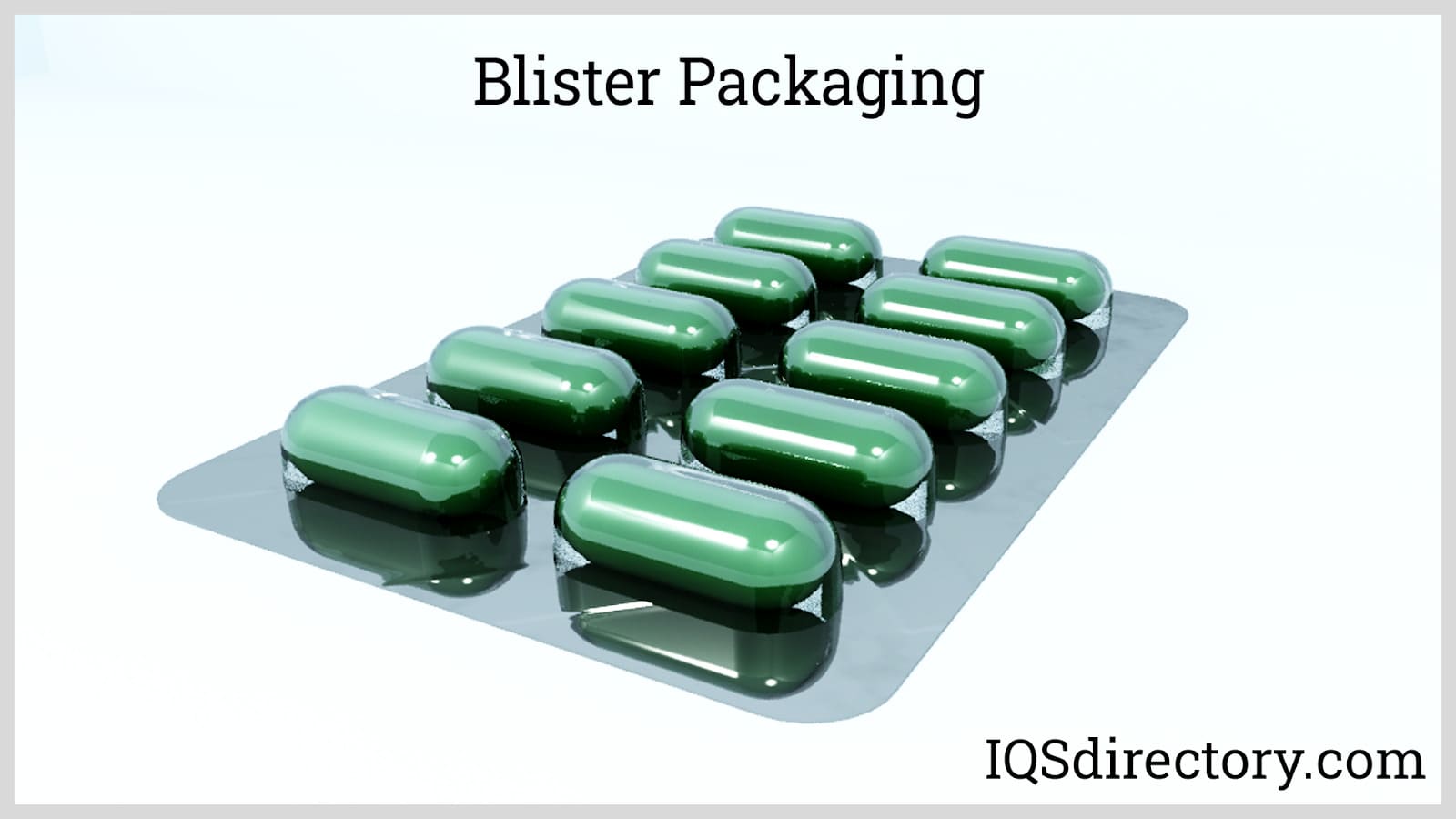
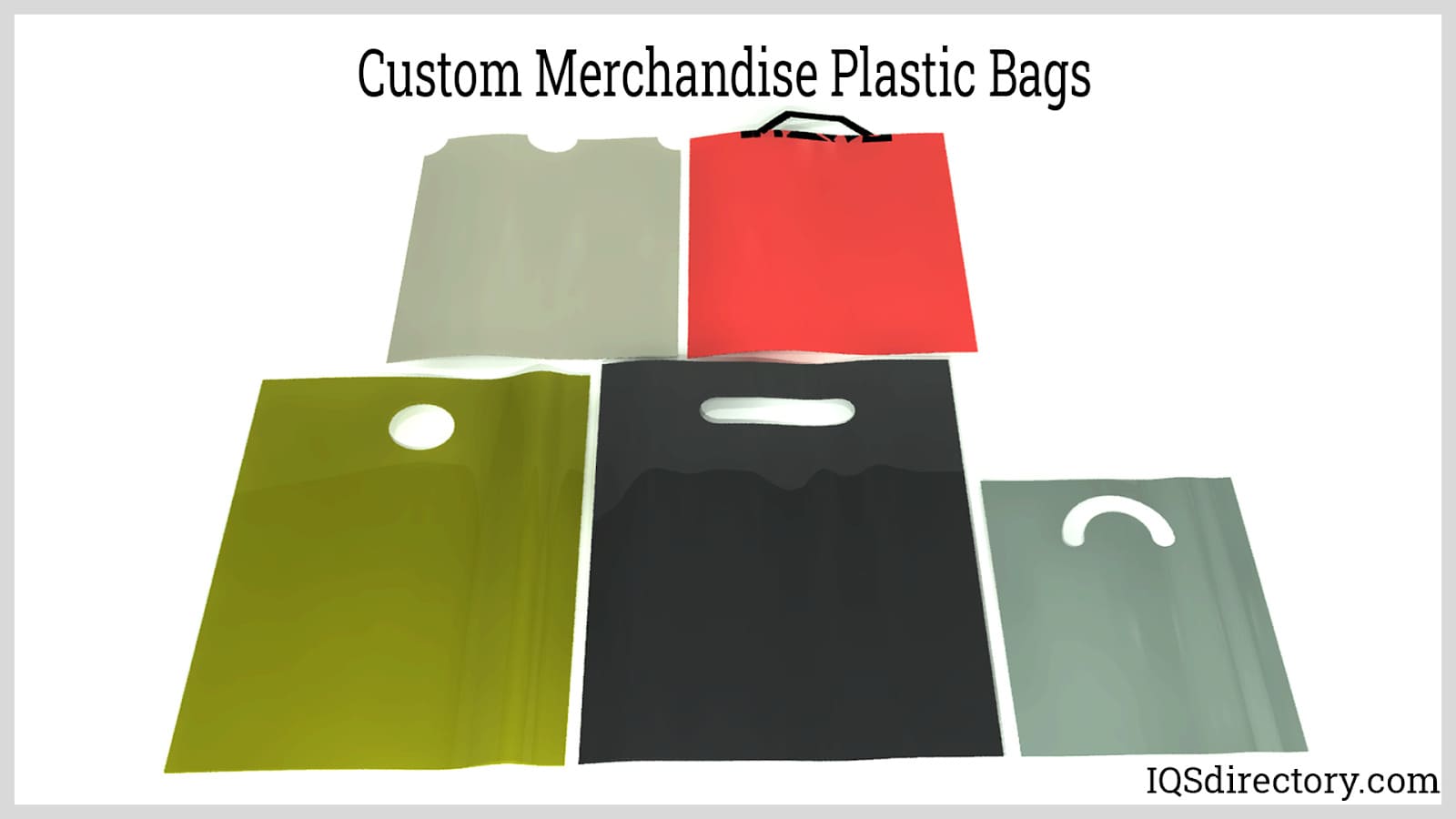

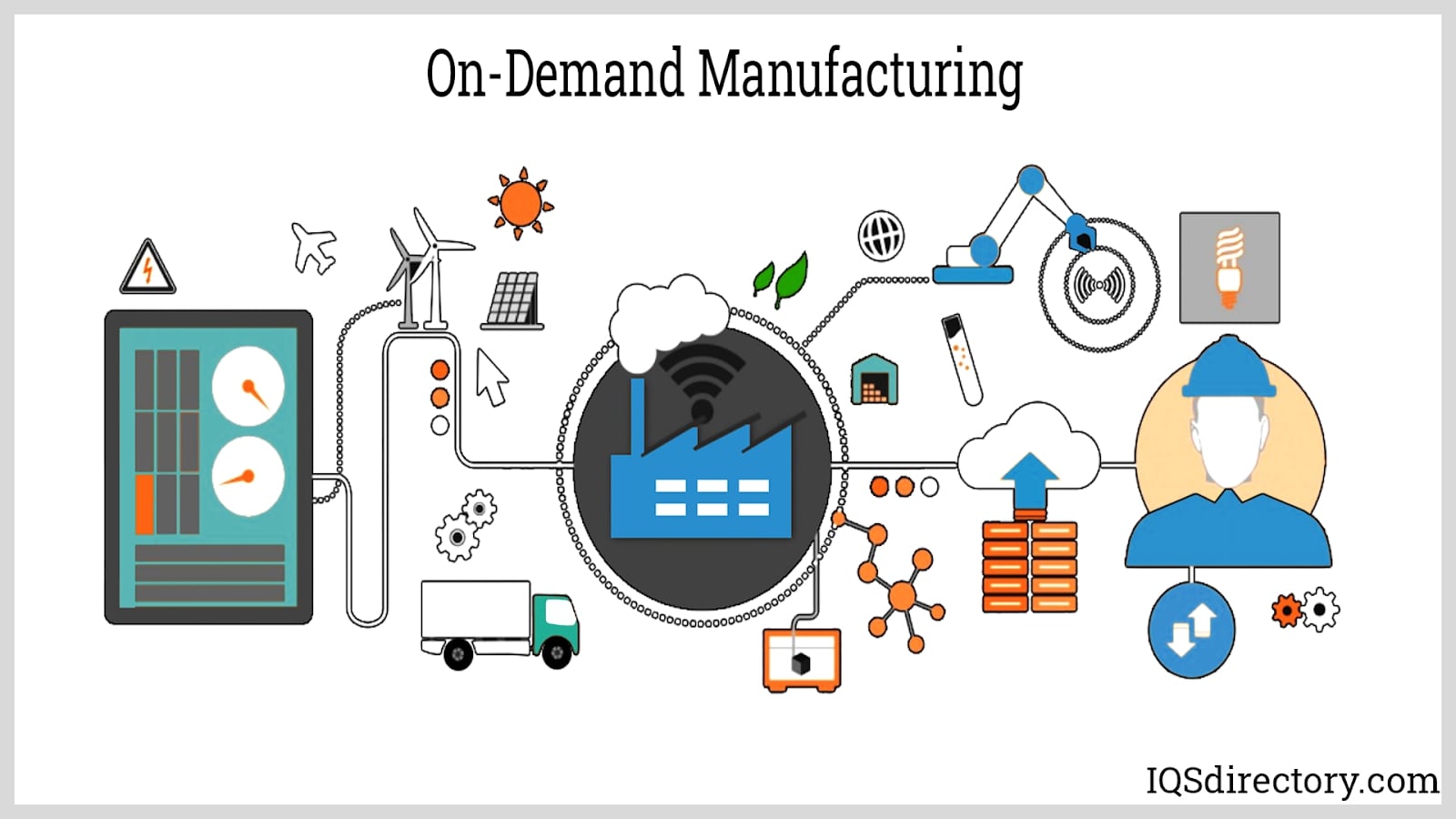
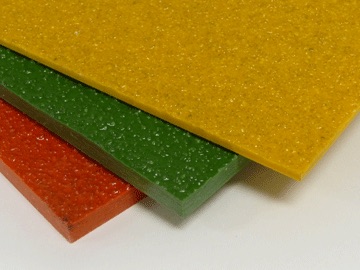 Fiberglass Fabricators
Fiberglass Fabricators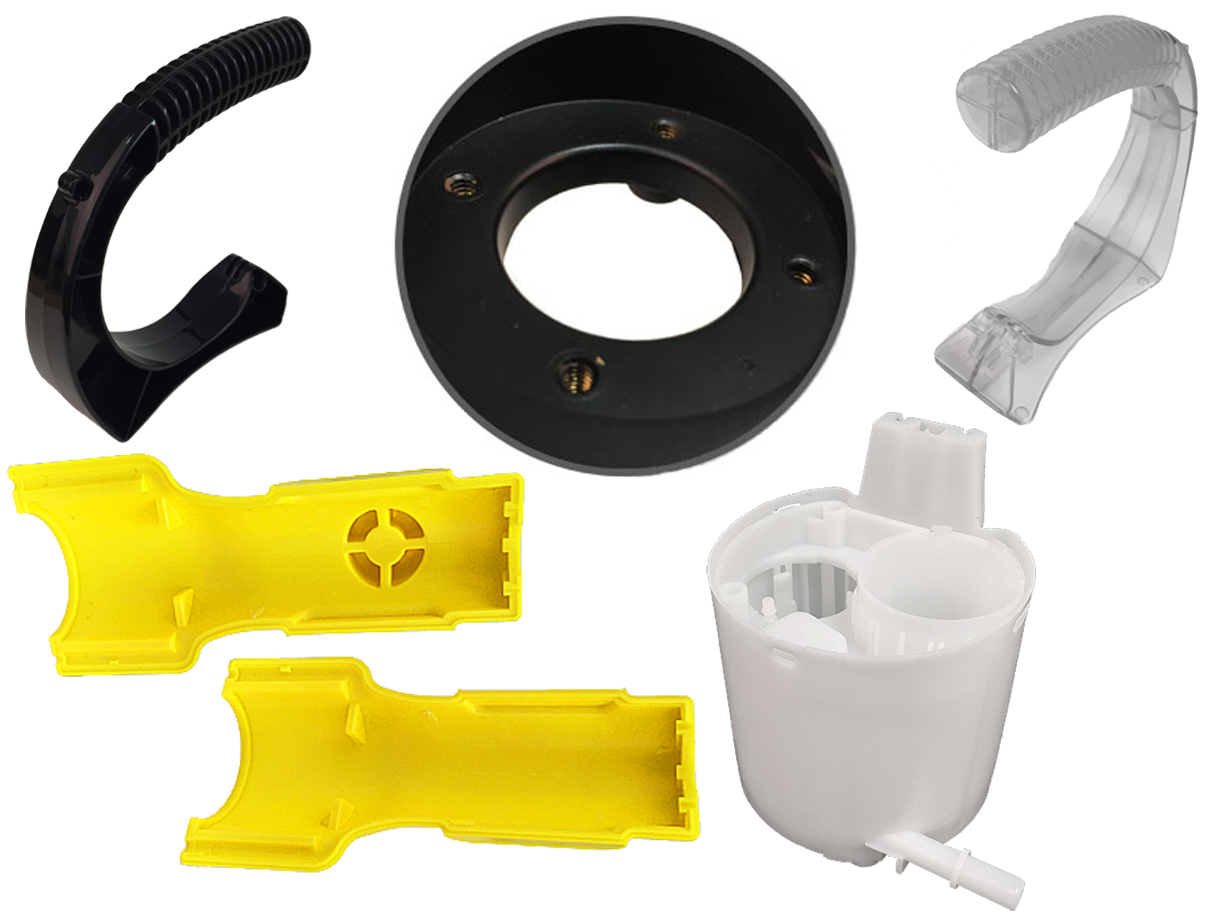 Injection Molded Plastics
Injection Molded Plastics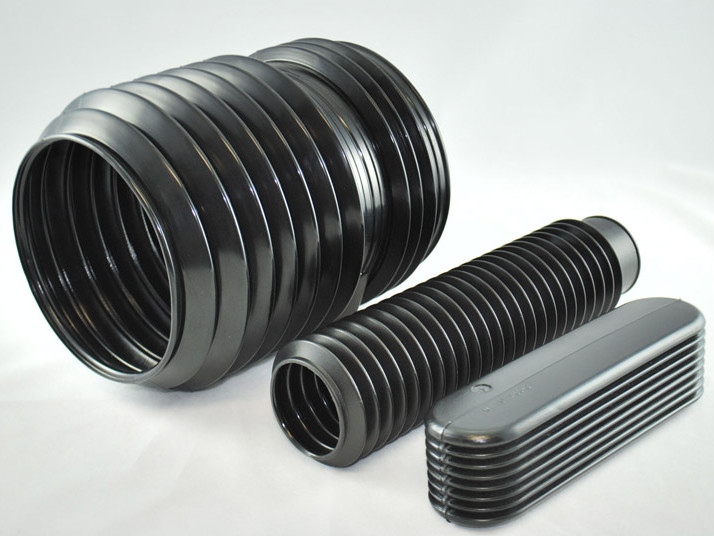 Plastic Blow Molding
Plastic Blow Molding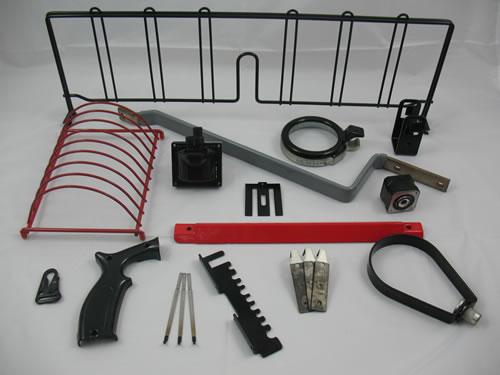 Plastic Dip Molding
Plastic Dip Molding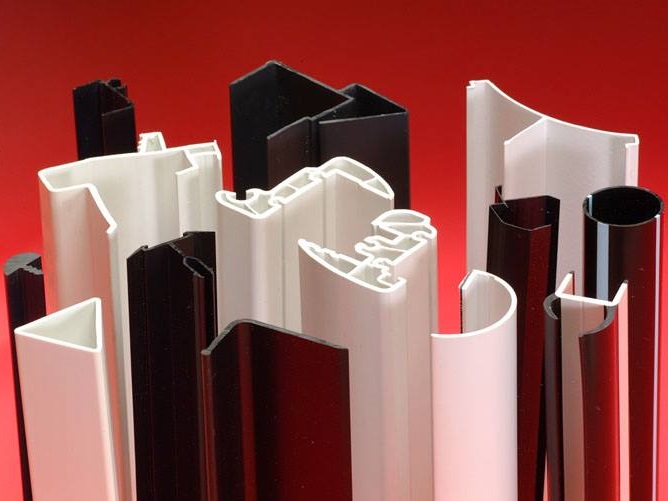 Plastic Extrusions
Plastic Extrusions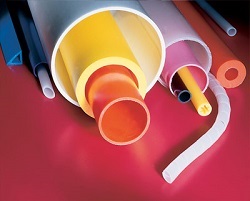 Plastic Tubing
Plastic Tubing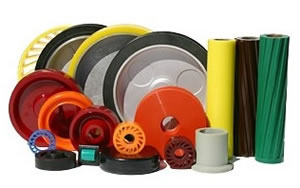 Polyurethane Molding
Polyurethane Molding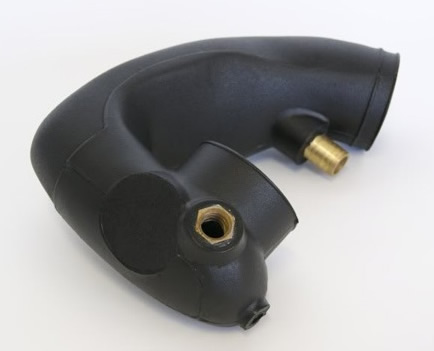 Rotational Molding
Rotational Molding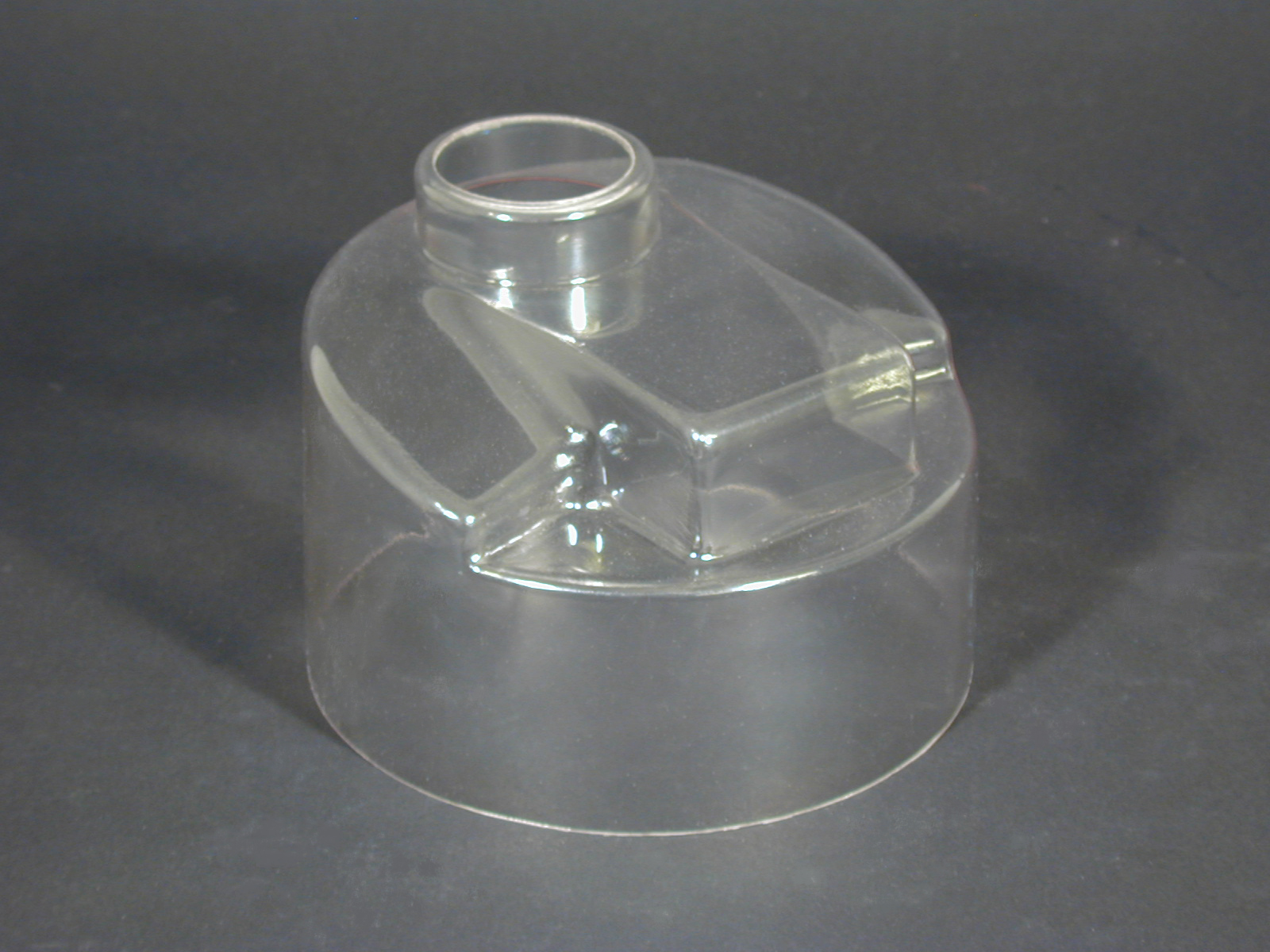 Vacuum Forming
Vacuum Forming Castings & Forgings
Castings & Forgings Bulk Material Handling
Bulk Material Handling Electrical & Electronic Components
Electrical & Electronic Components Flow Instrumentation
Flow Instrumentation Hardware
Hardware Material Handling Equipment
Material Handling Equipment Metal Cutting Services
Metal Cutting Services Metal Forming Services
Metal Forming Services Metal Suppliers
Metal Suppliers Motion Control Products
Motion Control Products Plant & Facility Equipment
Plant & Facility Equipment Plant & Facility Supplies
Plant & Facility Supplies Plastic Molding Processes
Plastic Molding Processes Pumps & Valves
Pumps & Valves Recycling Equipment
Recycling Equipment Rubber Products & Services
Rubber Products & Services